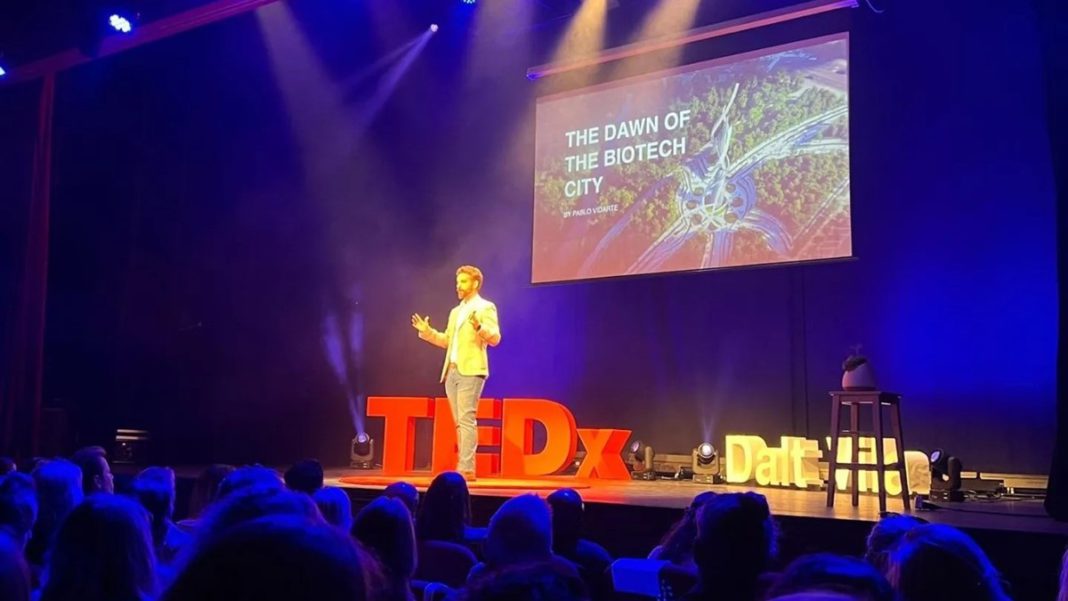SPAIN: At the age of 25, Pablo Vidarte, a Sevillian businessman and inventor, has emerged as a trailblazer in the field of sustainable technology. Serving as the CEO of the Bioo project, which harnesses electricity from plants and microorganisms, and also holding the position of president at Arkyne Technologies, Vidarte has garnered international recognition with nine prestigious awards and inclusion in the Forbes list.
Vidarte’s notable creation, the plant piano located at the Ibiza Botanical Biotechnology Center, showcases his early innovative prowess. His latest venture involves testing a groundbreaking Bioo panel at the same park, designed to generate energy directly from the ground.
The visionary entrepreneur, featured on the Forbes under 30 List at the age of twenty, has not only received accolades from Google for his disruptive global company but also leads the Top 50 of young innovators according to the European Parliament.
As the CEO of Bioo, Vidarte aims to merge technology and nature to build biotechnological cities globally. One of the company’s projects includes utilizing biological batteries underground, containing microorganisms that produce electricity and water by acting on organic matter in the soil.
In an interview, Vidarte discusses the practical applications of their biotechnological solutions, from reducing building temperatures by up to four degrees to achieving a return on investment for green areas within ten years. He emphasizes the environmental, social, and economic efficiency of their technologies, such as biological batteries and switches that respond to human touch.
The projects led by Vidarte and Bioo span continents, with ongoing initiatives in various countries and cities. Notable examples include a Barcelona building capable of saving half a million liters of water and panels strategically placed to reduce electricity bills by up to 20% while optimizing temperature control.
Vidarte envisions a biotechnological revolution comparable to the industrial revolution, with the ultimate goal of reducing 1% of CO2 emissions expected by 2050. He stresses the importance of embracing this shift to secure a sustainable future, acknowledging that life as we know it is at stake.
Despite his global success, Vidarte faces challenges implementing projects in his homeland, where bureaucratic hurdles hinder progress. He expresses frustration at the contrast with countries like the Emirates, Saudi Arabia, or the United States, where projects receive more enthusiastic support.
As Vidarte continues his mission to revolutionize biotechnological cities worldwide, his vision extends beyond technology, emphasizing the need for a paradigm shift in education. He advocates for recognizing and rewarding teachers, promoting self-directed learning for children, and depoliticizing educational administration to foster a transformative educational system.
In his pursuit of a sustainable and technologically advanced future, Vidarte’s efforts reflect a commitment to environmental conservation, social progress, and the intersection of nature and innovation.
Also Read: Ongil.ai Revolutionizes Enterprise Data Management with Responsible AI



